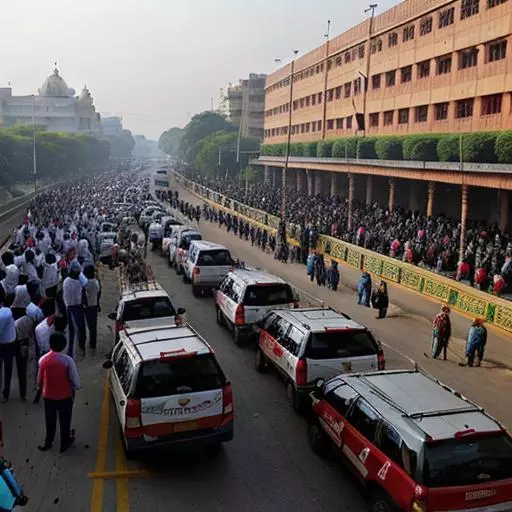Introduction
In the fast-paced world of politics, scandals and controversies are, unfortunately, par for the course. How a political candidate or organization responds to these crises can make all the difference between weathering the storm and facing irreversible damage. Effective crisis communication is the key to managing these challenging situations. In this blog, we will explore the importance of crisis communication and provide strategies for responding effectively to scandals and controversies in the political arena.
Understanding the Importance of Crisis Communication
Crisis communication is the art of managing and mitigating reputational damage during a crisis. In politics, where public perception is paramount, it plays a pivotal role for several reasons:
- Preserving Trust: Scandals and controversies can erode public trust. Effective communication helps rebuild trust by demonstrating transparency and a commitment to addressing the issue.
- Shaping the Narrative: Without a proactive response, the narrative surrounding a crisis can be shaped by opponents and the media. Crisis communication allows you to control the narrative and present your side of the story.
- Maintaining Support: In politics, maintaining the support of party members, donors, and constituents is essential. Crisis communication helps minimize the loss of support during turbulent times.
- Legal and Ethical Obligations: Political entities often have legal and ethical obligations to address crises promptly and honestly. Failure to do so can lead to legal consequences and public backlash.
Effective Strategies for Crisis Communication
- Swift and Transparent Response: Acknowledge the crisis promptly and transparently. Avoid denial or deflection, as it can worsen the situation. Provide accurate and factual information to the public.
- Designate a Spokesperson: Designate a credible and articulate spokesperson to represent your organization or campaign. This person should be well-versed in the crisis details and the response plan.
- Have a Crisis Management Plan: Develop a crisis management plan in advance. Identify potential crises, create response protocols, and establish communication channels.
- Message Consistency: Ensure that all communication from your campaign or organization is consistent in messaging and tone. Contradictory statements can further damage trust.
- Use Multiple Communication Channels: Utilize various communication channels, including press releases, social media, interviews, and email, to reach different audiences and respond to allegations or rumors.
- Empathetic Communication: Show empathy and understanding towards those affected by the crisis. Apologize when necessary and demonstrate a commitment to addressing the issue.
- Media Engagement: Engage with the media in a controlled and structured manner. Hold press conferences or interviews to address questions and concerns directly.
- Monitor Social Media: Keep a close eye on social media platforms to track public sentiment and respond to emerging issues promptly.
- Correct Misinformation: If false information is circulating, address it directly and provide evidence to refute it.
- Learn and Adapt: After the crisis is resolved, conduct a post-crisis evaluation to assess what worked and what didn’t. Use this feedback to improve your crisis management plan for the future.
Case Studies and Examples: Highlight real-world examples of political crises and how effective crisis communication helped or hindered the situation.
Conclusion
In the unpredictable world of politics, crises are inevitable. What sets successful political candidates and organizations apart is their ability to respond effectively to these challenges through crisis communication. By acknowledging the issue, maintaining transparency, and demonstrating a commitment to addressing the crisis, politicians and political entities can mitigate reputational damage, rebuild trust, and emerge from controversies stronger than before. Crisis communication is not just a skill; it’s a critical element of political strategy and leadership.

